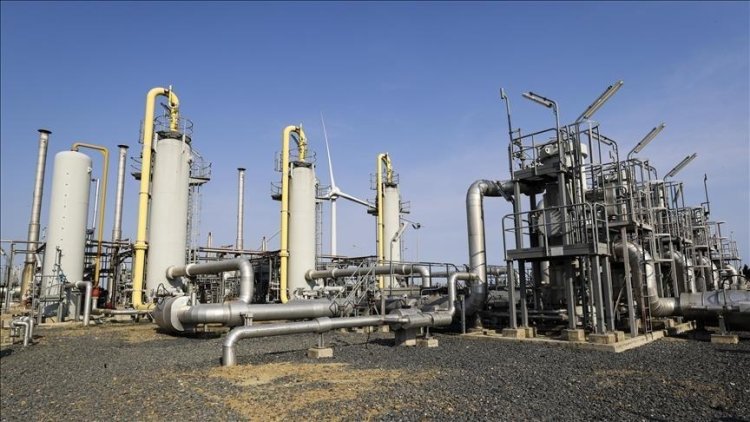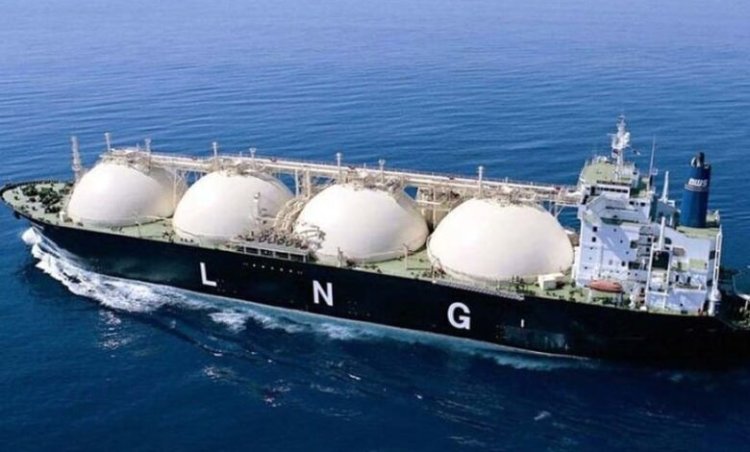3 scenarios for oil prices as the Gaza war continues
Expected oil price scenarios due to the war on the Gaza Strip

In the light of the ongoing war in the Gaza Strip, the oil markets are witnessing increasing tension and unexpected effects, and drawing experts 3 scenarios for oil prices as the war continues.
Petroleum expert Engineer Ahmed Abdul Hai, professor of economics at Sohaj University, said that oil prices are affected by multiple factors including supply and demand, geopolitical unrest, however, wars and conflicts can amplify those disturbances and greatly affect oil prices.
Continued: Considering the expected oil price scenarios in light of the war on the Gaza Strip, it can be divided into several situations:
The first: a sharp rise in prices
The petroleum expert pointed out that the oil market is witnessing a sharp rise in prices as the conflict worsens and expands, and this could lead to a partial disruption of oil supplies from the surrounding and conflict-related areas, such as Israel, and shift the market's attention to the search for other sources.
He continued that this scenario may affect the global economy and lead to higher food and gasoline prices, pointing out that global markets are affected by anxiety and political and military tension, thus increasing the demand for available oil, which leads to a sharp rise in prices.
The second: severe shortage of supplies
Abdul Hai added, as for the second scenario, it will be summed up in the fact that oil supplies are subject to shortages, especially with some countries taking sides in the war.
The bias towards the countries supporting the parties has also been affected in the war, which will increase tension globally, which will be reflected in the production processes, which will lead to a large shortage of supplies, a rise in oil prices and an increase in tension on the world markets.
The third: impact on the global economy
Economist Dr. Hani Kamal believes that oil prices have effects on the global economy in general, as many industries and sectors depend on oil and its derivatives as a source of fuel and energy.
Kamal pointed out that if oil prices rise sharply, the industrial sector will be affected, and transportation costs will increase, and public consumption may decrease and affect economic growth in general.
Slowing economic growth
The economist continued: Oil is considered to be an effective factor on economic growth and unemployment rates, and oil-dependent industries may be affected by higher production costs, which leads to a slowdown in economic growth and an increase in unemployment rates.

He added that to create a more stable environment for oil prices, a political solution to the conflict in Gaza must be reached and dialogue and understanding between the parties involved must be strengthened, and international organizations and diplomatic mediators may play an important role in facilitating this process.
Decline in oil prices
Oil prices fell on Monday, November 13, 2023, the first trading session this week, after rising last Friday, after renewed fears of shrinking demand in the United States and China, which negatively affected market sentiment.
And according to Reuters, Brent crude futures for January fell 71 cents, or 0.87%, to $80.72 a barrel, and West Texas Intermediate crude futures for December fell 68 cents, or 0.88%, to $76.49 a barrel.

Lower than the average price
Both commodities fell below the 100-day average price, $86.61 per barrel for West Texas Intermediate crude and $82.31 per barrel for Brent crude.
And prices rose by about 2% on Friday after Iraq expressed its support for the production cuts implemented by the OPEC+ group, but they fell by about 4% during the week, recording losses for the third week in a row for the first time since May.


 Shrouq
Shrouq 












